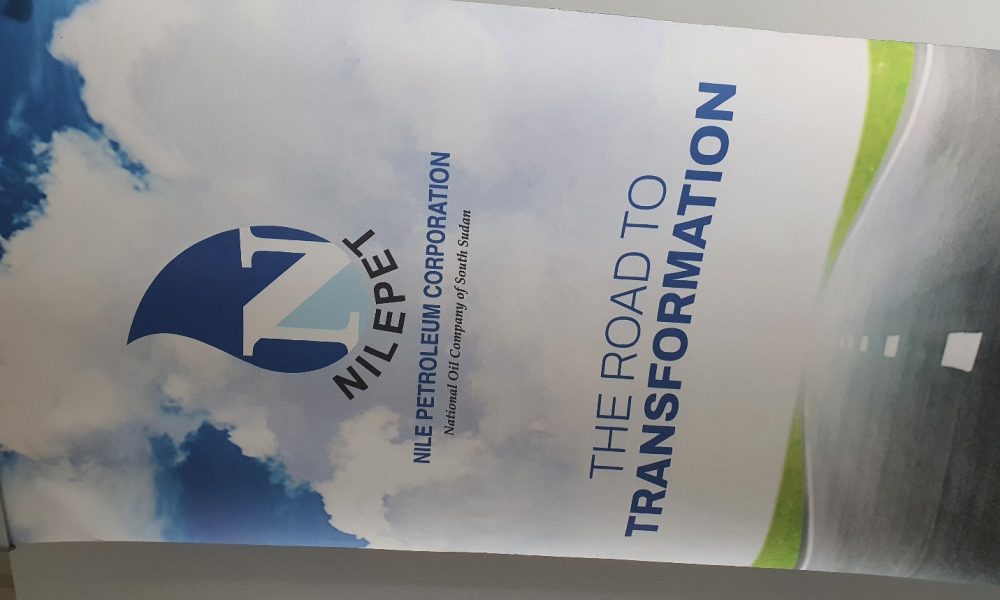By Ephraim Modi Duku Sokiri
The Managing Director for the South Sudanese National Oil Company, Nile Petroleum Corporation Limited (Nilepet), Bernard Amuor Makeny has revealed his big plans of expanding the company abroad.
He made the statement to his juniors during the conclusion of a workshop on transformation of Nilepet’s sectors on Friday in Juba.
During the event, Bernard said he has planned to open up a branch in Dubai to run the affairs of the company internationally and to also venture into agriculture, mining and insurance sectors.
“The big news is that, soon, we might have a branch in Dubai. …what I say is what I say. I say what I mean. I don’t say things for politics,” he echoed.
With just three months in office, Bernard further said the branch will stand to coordinate the activities of Nilepet in the world market Dubai.
“So, we will register branch of Nilepet in Dubai, so that all this hustle we are going through with contractors, you get charged highly, very expensive stuffs,” he said.
“Every partner in the world has office in Dubai, what makes us exceptional not to have an office there” quizzed.
Bernard has told that Nilepet will also be investing into insurance and agriculture which remains a backbone of every country’s economy growth.
“We are venturing into agriculture, so we are making out company, soon will be out, so we are going to venture with farmers in Renk, probably some farmers in this side of Equatoria,” he said.
“We also of course, our insurance company is almost out, so the registration is finished. So hopefully now, we will start knocking doors at some of the companies.”
He commended that the company is comprised of smart and young employees and that it was misplaced. He also emphasized on creating up a strong system that will control the flow of activities of the company.
“There is no way, we are in charge of resources and we are not in the mining sector, there we have to venture into mining,” he added.
According to the United States Agency for International Development (USAID) an independent agency of the U.S. federal government that is primarily responsible for administering civilian foreign aid and development assistance, up to 95 percent of South Sudanese rely on farming, herding, or fishing.
Any disruption to this sector causes ripple effects, and has the potential to harm South Sudan’s overall economy. Dramatic increases in food prices resulting from soaring inflation, disrupted markets and trade, and low food production due to conflict or natural disasters have worsened food insecurity.
The need for transforming agriculture and the food sector from current humanitarian aid dependence to a more development-oriented growth pathway that remains a high priority in South Sudan, even as the near-term outlook for peace, security and macroeconomic stability is uncertain.
Such a pathway requires a comprehensive approach that goes beyond the narrow sphere of agricultural productivity enhancement and value chain development to upgrading human and social capital and trust among communities that have been eroded throughout years of conflict and government failures.




